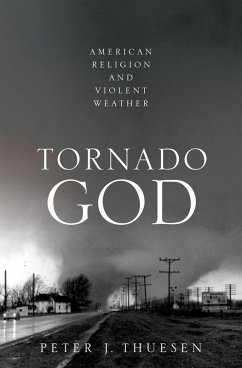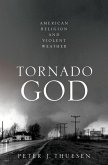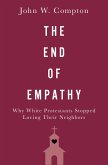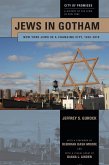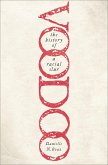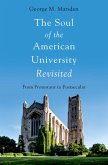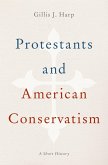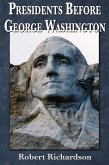One of the earliest sources of humanity's religious impulse was severe weather, which ancient peoples attributed to the wrath of storm gods. Enlightenment thinkers derided such beliefs as superstition and predicted they would pass away as humans became more scientifically and theologically sophisticated. But in America, scientific and theological hubris came face-to-face with the tornado, nature's most violent windstorm. Striking the United States more than any other nation, tornadoes have consistently defied scientists' efforts to unlock their secrets. Meteorologists now acknowledge that even the most powerful computers will likely never be able to predict a tornado's precise path. Similarly, tornadoes have repeatedly brought Americans to the outer limits of theology, drawing them into the vortex of such mysteries as how to reconcile suffering with a loving God and whether there is underlying purpose or randomness in the universe. In this groundbreaking history, Peter Thuesen captures the harrowing drama of tornadoes, as clergy, theologians, meteorologists, and ordinary citizens struggle to make sense of these death-dealing tempests. He argues that, in the tornado, Americans experience something that is at once culturally peculiar (the indigenous storm of the national imagination) and religiously primal (the sense of awe before an unpredictable and mysterious power). He also shows that, in an era of climate change, the weather raises the issue of society's complicity in natural disasters. In the whirlwind, Americans confront the question of their own destiny-how much is self-determined and how much is beyond human understanding or control.
Dieser Download kann aus rechtlichen Gründen nur mit Rechnungsadresse in A, B, BG, CY, CZ, D, DK, EW, E, FIN, F, GR, HR, H, IRL, I, LT, L, LR, M, NL, PL, P, R, S, SLO, SK ausgeliefert werden.

